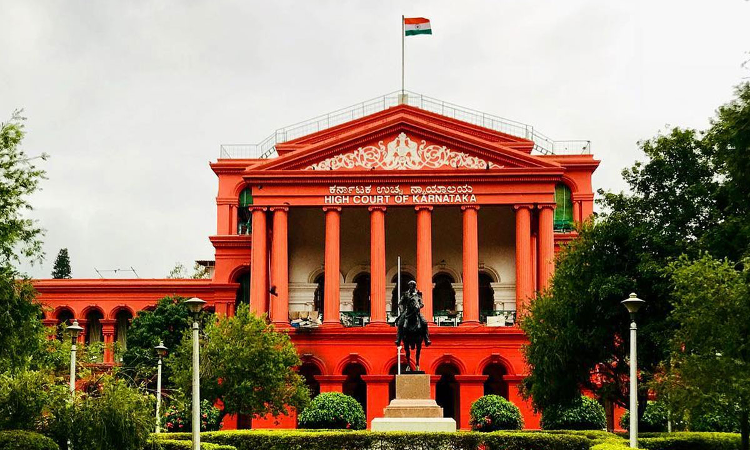Karnataka High Court Issues Guidelines On Civil Imprisonment For Wilful Disobedience Of Judicial Orders
Mustafa Plumber
24 July 2023 11:48 AM IST

Next Story
24 July 2023 11:48 AM IST
The Karnataka High Court recently issued a set of guidelines to be followed by the trial courts while ordering civil imprisonment to an accused for wilful disobedience of court orders under Order XXXIX Rule 2A of the Code of Civil Procedure. A division bench of Justice Alok Aradhe and Justice Anant Ramanath Hegde said,“The underlying philosophy of the provision is curative and to enforce...
